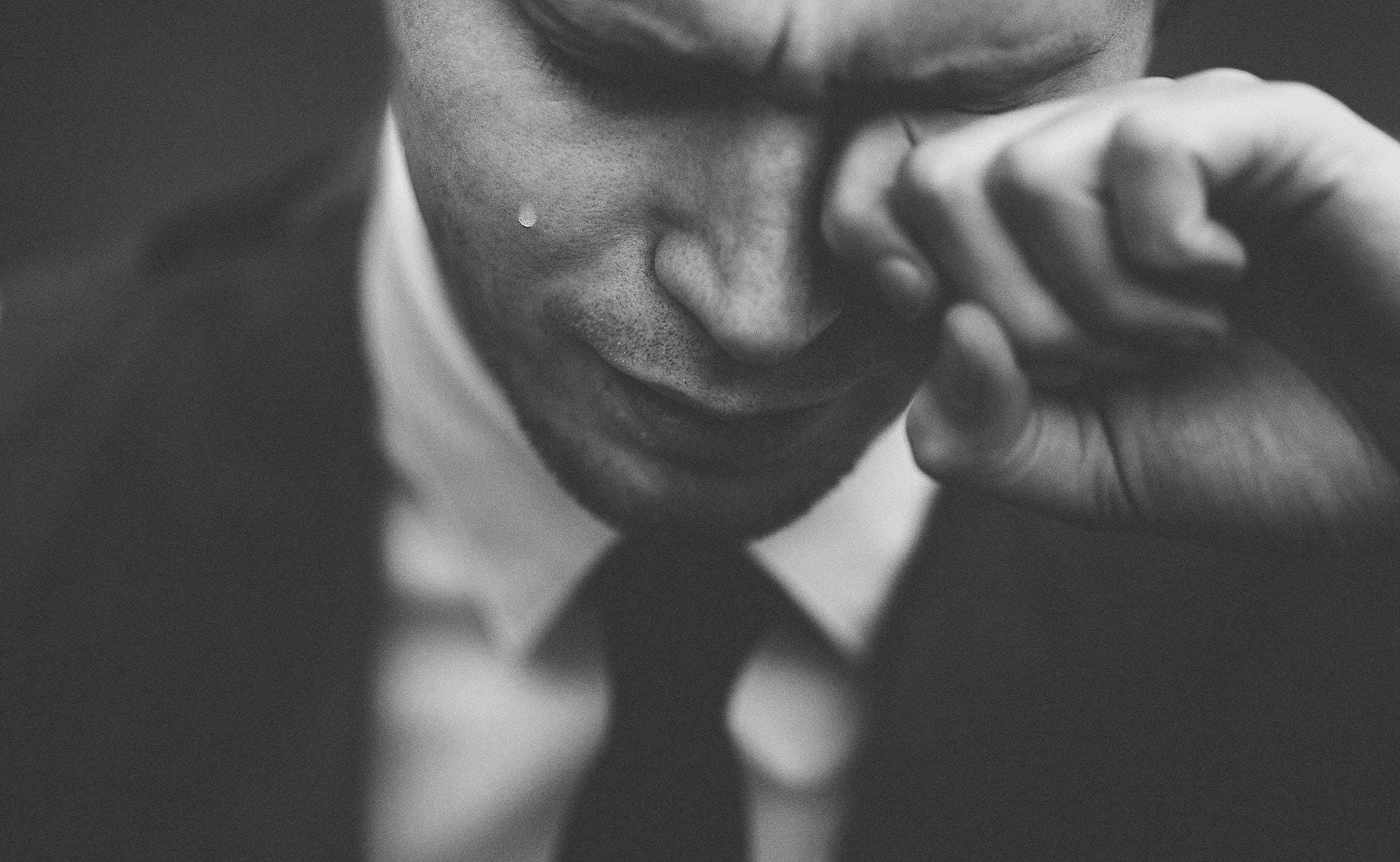
Understanding Grief and Loss in Legal Contexts: Expert Witness Perspective
Grief and loss are inherent aspects of the human experience, yet when it arises in the context of wrongful death or malpractice, the aftermath is particularly jarring. It’s crucial that civil litigators understand these emotions from a clinical perspective, and a grief expert witness can offer a nuanced understanding of emotional suffering in legal cases that may otherwise be overlooked.
The Complexity of Grief
Grief isn’t monolithic. Most of us have heard of the grieving stages, but from a clinical and legal perspective, it’s essential to differentiate “normal” grief reactions from Prolonged Grief Disorder (PGD). PGD is characterized by intense separation distress (longing, yearning, pining for the deceased) as well as a host of emotional (e.g., anger), cognitive (e.g., believing life is meaningless), and behavioral symptoms (e.g., avoiding reminders of the loss). Recognizing that PGD is a unique disorder that is associated with a number of negative long-term health outcomes, it has recently been added to medical classifications like the International Classifications of Diseases 11 (ICD-11) Manual and the Diagnostic and Statistical Manual V Text Revision (DSM-V-TR).
Moreover, the nature of the loss greatly influences the grief experience. For example, in a 2011 study, a colleague and I found that separation distress was most pronounced when the loss involved an immediate family member. On the other hand, traumatic distress (i.e., characterized by intrusive imagery, avoidance of reminders, and negative beliefs) became most palpable following losses involving violent means – be it an accident, suicide, or homicide.
Complications of Loss by Violent Means
Why are violent losses so deeply distressing? Dr. Ted Rynearson’s concept of the three Vs – Violence, Volition, and Violation – sheds light on this question. Violent deaths can provoke visceral images of suffering or harm, fostering a notion that someone’s to blame (i.e., it’s perceived as a volitional act) and a sense that one’s fundamental worldviews have been violated (e.g., particularly one’s belief in a safe, predictable, and just world).
In keeping with Rynearson’s work, in a 2006 study my colleagues and I found that losses by violent means are associated with heightened prolonged grief reactions, largely due to difficulties making sense out of such losses, often deemed senseless or incomprehensible by those affected.
Legal Contexts Where Grief and Loss Are Relevant
Legal realms often intersect with the realms of grief and trauma, especially in cases of:
- Wrongful death, leaving families grappling with unexpected voids.
- Medical malpractice, instigating profound psychological effects on the surviving kin.
- Negligence-induced losses that exact a profound emotional price.
- Emotional upheavals stemming from intentional harm.
The Role of a Grief Expert Witness
Enter the grief expert witness. Their role isn’t merely restricted to providing testimonies. An adept loss and trauma psychologist casts a clinical lens on the labyrinth of emotions engulfing those affected, enabling courts to grasp the emotional and psychological implications of what happened.
Why Attorneys Need a Grief Expert Witness
A grief expert witness can help avoid pitfalls that arise from failing to comprehensively assess emotional suffering in legal cases, preventing wasted time and effort. Their presence also augments the credibility of a case, providing gravitas to courtroom deliberations. For attorneys and clients navigating civil cases involving grief, consider enlisting the expertise of a loss and trauma psychologist. Their insights could be pivotal.
About the Author
Dr. Jason Holland has made significant contributions to the fields of grief, loss, and trauma with over 80 peer-reviewed articles and chapters. His clinical practice has been a beacon for many navigating the challenges of loss, steering them towards brighter futures. As a loss and trauma psychologist, Dr. Holland also serves as a grief expert witness when there are questions about emotional suffering in legal cases involving wrongful death. Should you require grief expert witness services, please reach out via the Contact Us form on the website.


